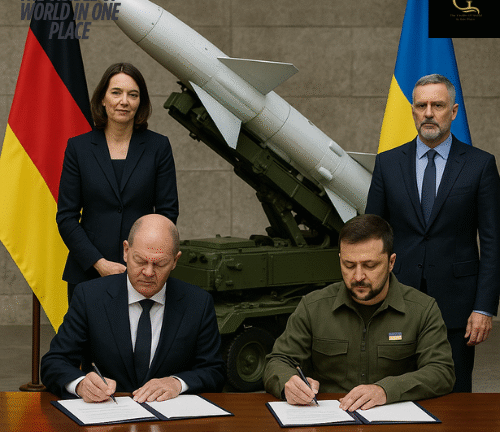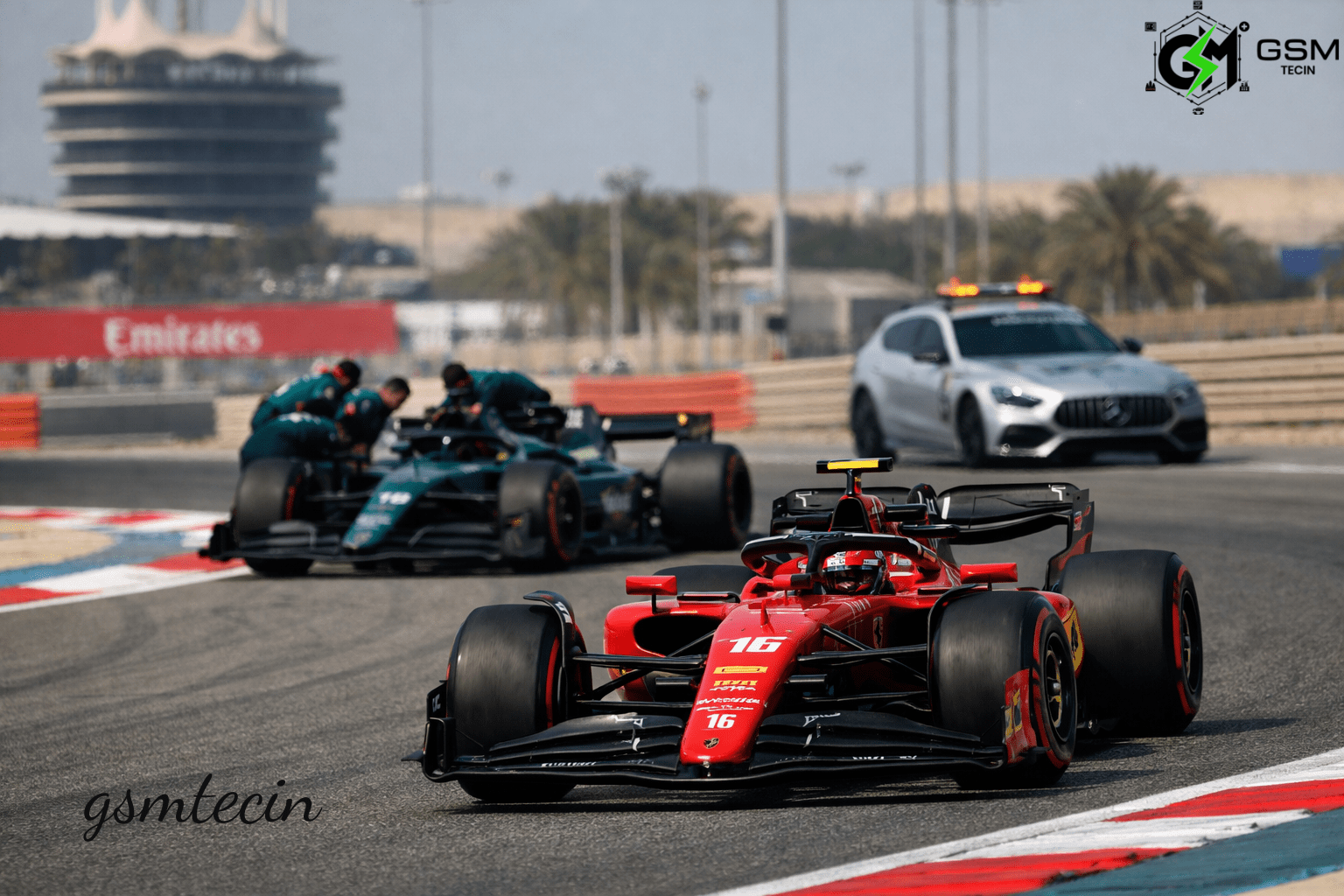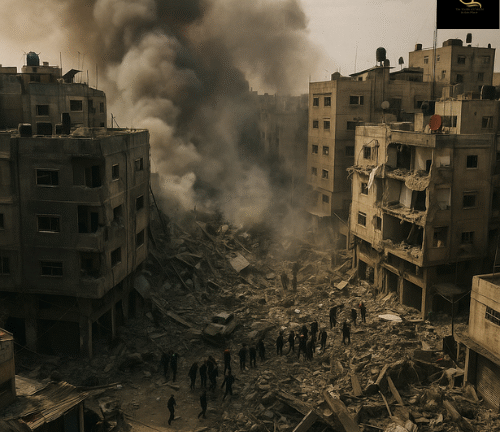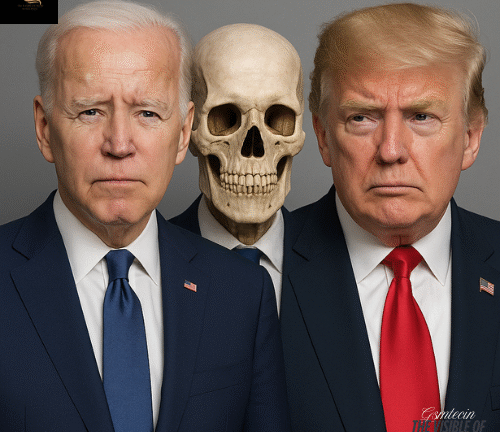Chancellor Merz of Germany promises to assist Ukraine in developing long-range missiles as part of an expansion of support.
In a strategic move that indicates growing Western backing for Kyiv in the midst of its ongoing confrontation with Russia, Germany has pledged to assist Ukraine in developing long-range missile weapons. The statement was made in Berlin at a news conference with Ukrainian President Volodymyr Zelensky by German Chancellor Friedrich Merz, who recently took over from Olaf Scholz. The action marks a new stage in the two nations’ military collaboration as well as a more forceful German posture towards supporting Ukraine’s defence.
Changes in Strategic Policy
Germany has been providing Ukraine with more financial and military support ever since Russia launched its full-scale invasion of the country in February 2022. After first being reluctant to offer deadly support, Germany has become as one of Kyiv’s most important European partners. Under Merz’s direction, this assistance is changing even more, moving from providing munitions to helping Ukraine develop its own defence capabilities.
Germany will help Ukraine develop sophisticated long-range missile systems, Merz affirmed, but he would not provide precise technical information. Given the possible military and geopolitical repercussions of the action, Merz stated, “We want to talk about production and we will not publicly discuss details.”
A memorandum of understanding (MoU) detailing plans for missile development cooperation between the two nations is anticipated to be signed, with Germany contributing industrial support and technological know-how.
Range Extension and Taurus Missiles
Germany’s Taurus missile system, a long-range cruise missile with a range of roughly 500 kilometres (310 miles), is the subject of renewed debates following the revelation. The Taurus system was not specifically mentioned by Merz, but the addition of such missiles would significantly improve Ukraine’s striking capability.
The Chancellor also affirmed that range limitations on weapons sent to Ukraine had already been lifted by Western allies. This change would make it possible for Ukrainian forces to strike important Russian military installations located far behind enemy lines, even within Russian territory.
It is believed that this shift in Western assistance is essential to Ukraine’s ability to resist Russian advances and reclaim disputed areas. The possible relaxation of range restrictions, however, has been denounced by the Kremlin as a “dangerous” escalation and cautioned that it might jeopardise attempts at a diplomatic settlement.
Developing Ukraine’s Defence Sector
Germany’s offer of collaboration extends beyond the demands of the battlefield. The ultimate goal is to assist Ukraine in building a self-sufficient, sustainable defence sector that can manufacture cutting-edge weaponry on its own. Russian bombings have severely destroyed Ukraine’s defence infrastructure, especially its military manufacturing and logistical centres.
It is anticipated that German defence companies like Rheinmetall and Diehl Defence will participate in the joint venture, exchanging technological expertise and potentially co-producing parts in Ukraine or nearby allies. In addition to strengthening Ukraine’s ability to defend itself, this alliance would support NATO’s overarching goal of boosting European security.
NATO and Reactions in the West
With Secretary-General Jens Stoltenberg referring to Germany’s effort as “an important milestone” in Ukraine’s journey towards long-term defence self-sufficiency, NATO has mostly praised it. Many Western governments are in favour of the action, but some leaders are worried that increased missile capability could lead to more intense Russian retaliation or make peace talks more difficult.
Dmitry Medvedev, the former president of Russia, accused the West of “playing with fire” and threatened to respond severely if Ukraine were to receive weapons that might strike Russian territory.
Despite the dangers, Merz seems committed to adopting a more assertive posture than his predecessor Scholz, whose cautious leadership drew criticism. Merz has stated unequivocally that Germany will fully back Ukraine “for as long as necessary.”
Ukraine’s Reaction
President Zelensky thanked Germany for its ongoing assistance and praised the accord as a “historic step.” He underlined that the collaboration on missile development will influence Ukraine’s long-term security strategy in addition to the ongoing conflict. Zelensky pointed out that preserving national sovereignty and fending off future invasions depend on Ukraine having a self-sufficient defence industry.
ATACMS and Storm Shadow missiles are among the few long-range weapons that Ukraine now relies on from the United States and the United Kingdom. Ukraine wants to lessen this dependence and take greater command of its military strategy with Germany’s assistance.
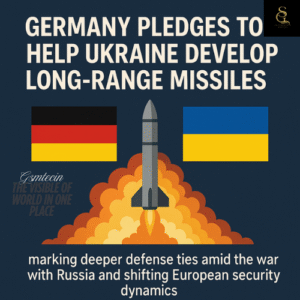
Peace Negotiations and Political Events
Regarding diplomacy, President Zelensky has reiterated demands for peace negotiations and proposed a high-level meeting with former US President Donald Trump and Russian President Vladimir Putin. According to its spokesperson, Dmitry Peskov, the Kremlin has not completely rejected the notion, but any such meeting would require pre-arranged conditions between the delegations of the two countries.
The only outcome of recent peace negotiations in Istanbul, which were the first direct communication between Russia and Ukraine in more than three years, was a prisoner swap. Although Moscow is adamant about Ukraine’s neutral, non-aligned, and non-nuclear position, Russian Foreign Minister Sergey Lavrov hinted that more talks would be announced soon.
For his part, Zelensky has called on the United States to further restrict Russia’s energy and financial industries. Trump allegedly promised him that penalties would be applied if Russia did not participate actively in peace talks.
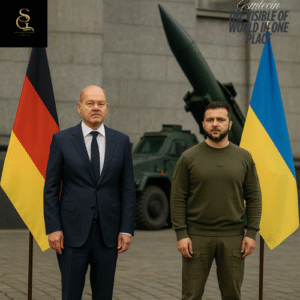
On the battlefield, escalation
The battle on the ground has gotten more intense while diplomatic efforts are still ongoing. Russia has launched almost 900 drones in three days, while Ukraine recently executed one of its biggest drone strikes against Russian targets. More than 50,000 Russian troops are reportedly gathered in the northeastern Sumy border, where Ukrainian officials claim increased Russian military operations.
Russian forces have taken control of a number of border communities, raising concerns about a potential relaunch of an offensive to establish a “security buffer zone” inside Ukrainian territory. The regional governor of Sumy attested to the fact that at least four settlements were now under Russian rule.
In conclusion
Germany’s choice to assist Ukraine in creating long-range missile weapons marks a turning point in both the conflict and Europe’s defence strategy. Berlin is indicating a more assertive and proactive role in determining regional security under Chancellor Merz.
The collaboration may change Ukraine’s defence capabilities and reconfigure European alliances, despite ongoing concerns about escalation. According to Zelensky, these collaborations will protect Ukraine’s sovereignty for future generations in addition to having an impact on the battlefield today.

